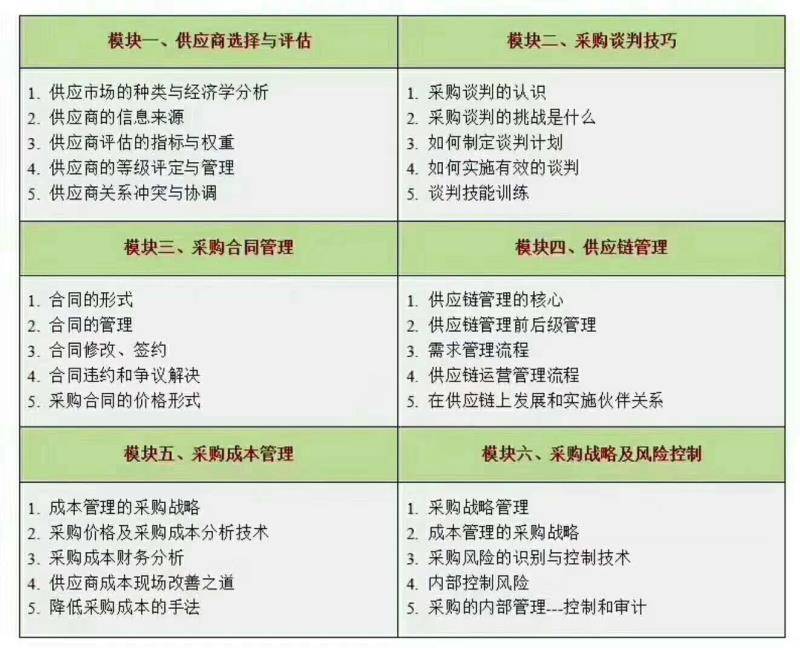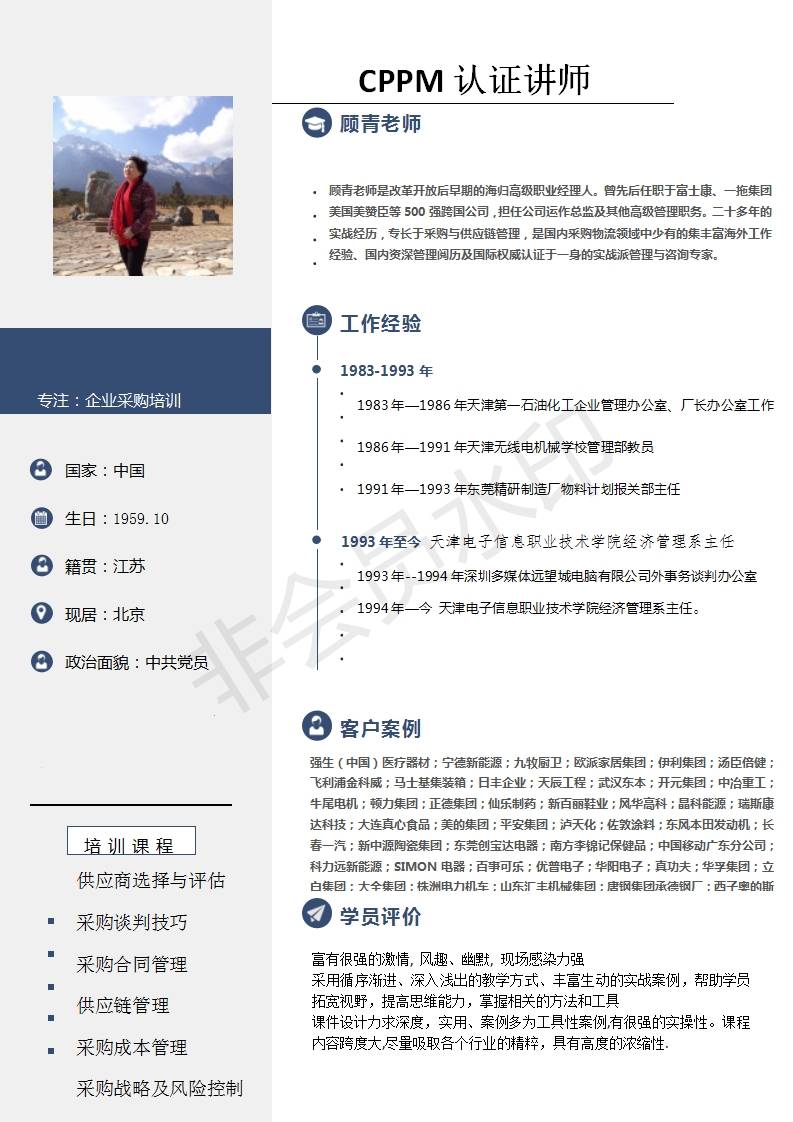Maximizing Your Savings: Understanding the Rental Property Loan Interest Tax Deduction
#### Rental Property Loan Interest Tax DeductionThe rental property loan interest tax deduction is a significant financial benefit for property owners. This……
#### Rental Property Loan Interest Tax Deduction
The rental property loan interest tax deduction is a significant financial benefit for property owners. This deduction allows you to deduct the interest paid on your mortgage for rental properties from your taxable income, effectively reducing your overall tax liability. Understanding how this deduction works can help you maximize your savings and make informed decisions regarding your rental investments.
#### What is the Rental Property Loan Interest Tax Deduction?
The rental property loan interest tax deduction refers to the ability to deduct the interest portion of your mortgage payments on a rental property from your taxable income. This deduction is available to property owners who rent out their properties, whether it be long-term tenants or short-term vacation rentals. The deduction can significantly reduce your taxable income, allowing you to keep more of your earnings from your rental activities.

#### Who Can Benefit from This Deduction?
If you own a rental property and pay interest on a mortgage, you are likely eligible for the rental property loan interest tax deduction. This includes individual landlords, real estate investors, and even certain partnerships or LLCs that own rental properties. However, it's essential to ensure that the property is genuinely used for rental purposes and not for personal use, as this could affect your eligibility for the deduction.
#### How to Claim the Deduction

To claim the rental property loan interest tax deduction, you will need to report your rental income and expenses on your tax return. Typically, this is done using Schedule E (Supplemental Income and Loss) of Form 1040. You'll list your rental income and then deduct your expenses, including mortgage interest, property taxes, maintenance costs, and other related expenses. It’s crucial to keep accurate records of all your expenses and interest payments to substantiate your claims.
#### Limitations and Considerations
While the rental property loan interest tax deduction can provide substantial benefits, there are some limitations and considerations to keep in mind. For instance, the deduction is only available for the interest portion of your payments, not the principal. Additionally, if you use the property for personal use for more than 14 days a year, it may affect your ability to claim the full deduction. Furthermore, tax laws can change, so it’s advisable to consult with a tax professional to ensure you are compliant and maximizing your deductions.

#### Conclusion
In summary, the rental property loan interest tax deduction is a valuable tool for property owners looking to reduce their tax burden. By understanding how this deduction works, who can benefit from it, and how to claim it, you can make more informed decisions about your rental properties. Always keep detailed records of your expenses and consult with a tax professional to ensure you’re taking full advantage of this deduction while remaining compliant with tax laws. Maximizing your savings through the rental property loan interest tax deduction can significantly enhance your overall investment strategy and financial health.